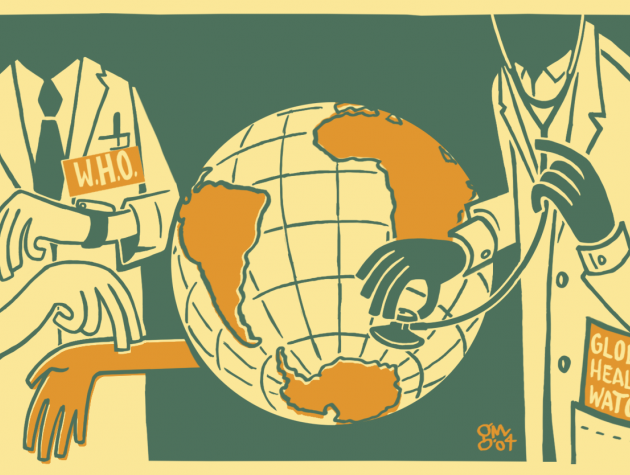Global health and the Law (The New England Journal of Medicine, 2014)
Global health and the Law. Gostin, Lawrence O and Devi Sridhar (2014). The New England Journal of Medicine 370:1732-1740
Abstract
The past two decades have brought revolutionary changes in global health, driven by popular concern over the acquired immunodeficiency syndrome (AIDS), new strains of influenza, and maternal mortality. International development assistance for health — a crucial aspect of health cooperation — increased by a factor of five, from $5.6 billion in 1990 to $28.1 billion in 2012, with the private and voluntary sectors taking on an ever-increasing share of the total. Given the rapid globalization that is a defining feature of today's world, the need for a robust system of global health law has never been greater.
Global health law is not an organized legal system, with a unified treaty-monitoring body, such as the World Trade Organization. However, there is a network of treaties and so-called “soft” law instruments that powerfully affect global health, many of which have arisen under the auspices of the World Health Organization (WHO). Global health law has been defined as the legal norms, processes, and institutions that are designed primarily to attain the highest possible standard of physical and mental health for the world's population.
Global health law can affect multiple spheres, ranging from national security, economic prosperity, and sustainable development to human rights and social justice. Each global health problem is shaped by the language of rights, duties, and rules for engagement used in the law.
Author Bio
Devi Sridhar is a Senior Lecturer in Global Health Policy at the University of Edinburgh and a Senior Research Fellow at the Blavatnik School of Government at Oxford University.
The full article can be read here





